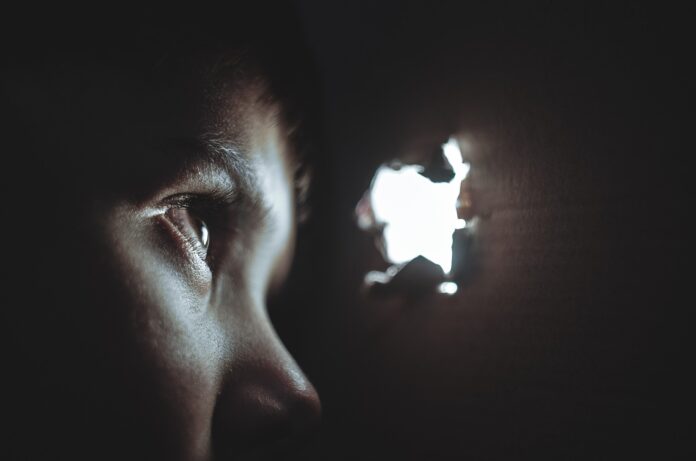
In a special report on LRT.lt, Domantė Platūkytė writes that Lithuania is among the worst countries in Europe for children’s well-being, according to research by the United Nations Children’s Fund (UNICEF). With the third-highest children suicide rate, Lithuania’s UNICEF representative called the situation a “national crisis”.
Lithuania ranked 33rd in the UNICEF research, which compared 38 countries from the European Union as well as the Organization for Economic Cooperation and Development (OECD). The worst three countries were Chile, Bulgaria, and the US. The top performers included the Netherlands, Denmark, and Norway. Lithuania performed worst in the category of psychological well-being.
According to Roma Jusienė, a professor of psychology at Vilnius University, the research results were not surprising. “We cannot expect to have happy and content children, while we have parents that cannot take care of themselves”. Rasa Dičpetrienė, head of the Lithuanian branch of Save the Children NGO, said suicide in Lithuania was a complex problem caused by bullying, problems in the family, such as alcoholism or poverty, and lack of accessible assistance. Jusienė added that Lithuania’s troubles were caused by high tolerance for violence and other traumatizing behaviour.
Data collected in 2018 showed that 38.8% of Lithuanian children aged 15 did not have basic reading and maths skills. The country was ranked 33rd, while neighbouring Estonia was leading in this category. According to Dičpetrienė, lack of basic skills at the age of 15 programs children for poverty in the future. She added that Lithuania should learn more from Estonia, because such a huge gap between the two neighbouring countries was difficult to justify. The research also showed that almost 30% of Lithuanian children had trouble making friends. This could also be a result of poverty, because younger people often judge each other by their status and image, the experts said.
Ilma Skuodienė, head of the State Child Protection and Adoption Service, told LRT.lt that children’s well-being in Lithuania improved since 2018 when amendments to the children’s rights protection law were adopted. “In recent years, attitudes towards violence against children have changed. While the rate of violence is still high, we notice it more often and more people report it,” Skuodienė said. But she added that for the situation to improve significantly, the state must provide troubled families with more help. She mentioned the need to assist families in raising children with early developmental disorders, as well as to improve educational opportunities. Another problem, according to the child protection specialist, was the inaccessibility of psychological support services in the regions. According to Skuodienė, significant improvements in children’s well-being would also require a drastic reduction in the rates of domestic violence.





























